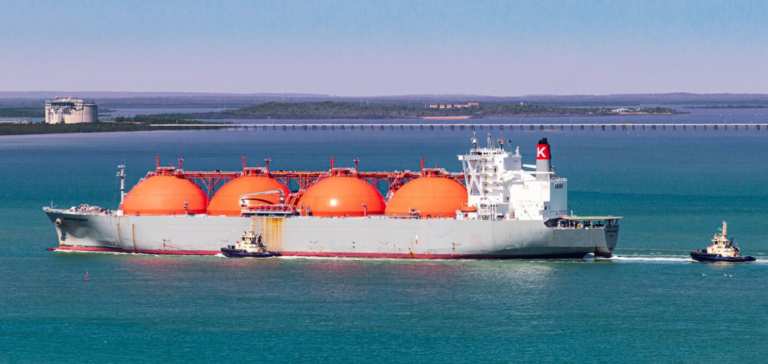Competition for US liquefied natural gas (LNG) is intensifying between Europe and Asia, as forecasts of lower temperatures multiply. Europe seems to have the upper hand, attracting the majority of cargoes despite sufficient supply in both regions to manage gradual increases in demand. This battle for additional volumes on the spot market is becoming crucial this winter.
Logistics constraints and market dynamics
Recent dynamics at the Panama Canal, marked by persistent droughts, have reduced Asia’s competitiveness for US LNG. However, as temperatures fall, competition could intensify, driven by heating demand. Prices, according to Platts of S&P Global Commodity Insights, reflect this trend, with notable discrepancies between Asian and European prices.
The impact of drought on the Panama Canal
Traditionally, this differential would direct additional volumes from the US to Asia. However, current conditions at the Panama Canal and unfavorable arbitrage economies have tipped the balance in Europe’s favor. Logistical constraints and additional costs due to delays at the Panama Canal also played a role, making it less attractive to send additional volumes to Asia.
Heating demand spurs LNG competition
Anticipating a rapid drop in temperatures, Europe is gearing up for a growing demand for heating. Although gas reserves are sufficient for the time being, a prolonged cold snap could quickly deplete these volumes. Europe will then have to offer higher prices to attract more LNG. European imports have already risen, exceeding the high levels of previous months.
In contrast, Asia, despite signs of heating demand, is not showing a rapid drop in temperatures. As a result, its competitiveness for U.S. cargoes could continue to lag behind that of Europe. In addition, weaker-than-expected growth and demand signals from Asia, combined with the drought at the Panama Canal, are reinforcing the tendency to direct additional cargoes to Europe.
The LNG market is at a critical juncture, with Europe in a strong position to attract additional volumes due to logistical constraints and growing heating demand. However, the situation could change rapidly if temperatures change or market dynamics alter.






















